In the world of logistics and international trade, the safe transport of goods is a top priority. However, despite advancements in shipping technologies and logistics management, the journey of goods from origin to destination is still fraught with risks. Theft, accidents, natural disasters, and unforeseen delays can lead to significant financial losses. This is where cargo insurance becomes an essential part of the shipping process, offering a safety net to protect against potential damages or losses during transit.
This article delves into what cargo insurance is, why it’s important, the types of policies available, and tips for selecting the right coverage for your needs.
What is Cargo Insurance?
Cargo insurance is a type of policy designed to protect the financial interests of businesses and individuals involved in shipping goods. It provides compensation for physical loss or damage to goods during transportation, whether by sea, air, road, or rail. Cargo insurance applies to both domestic and international shipments, ensuring that the owner of the goods, or other parties involved, are financially safeguarded against unforeseen events.
Why is Cargo Insurance Important in Iran?
Mitigation of Financial Losses: Shipping goods, especially high-value items, involves significant financial investments. Cargo insurance helps cover the cost of damages or losses, reducing the financial burden on businesses or individuals.
Unpredictable Risks: Despite careful planning, risks like extreme weather, theft, accidents, or port mishandling are beyond anyone’s control. Cargo insurance ensures that these unpredictable events don’t lead to crippling losses.
Legal and Contractual Requirements: In some cases, contracts between buyers, sellers, and shipping companies may mandate cargo insurance. Having proper coverage ensures compliance with these requirements.
Peace of Mind: Knowing that your shipment is protected allows you to focus on other aspects of your business without constantly worrying about potential damages or delays.
Contact us to inquire about shipping rates.
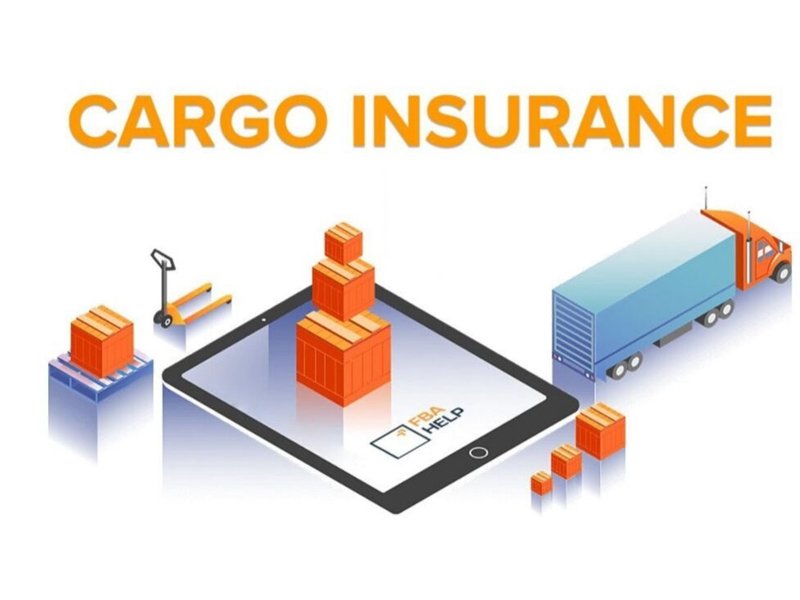
Types of Cargo Insurance
Cargo insurance policies vary depending on the mode of transportation, the nature of the goods, and the risks involved. Here are the main types:
- Marine Cargo Insurance
Marine cargo insurance covers goods transported by sea. It protects against risks like shipwrecks, piracy, or rough sea conditions that could lead to damage or loss of cargo. Marine cargo insurance is further divided into:
Open Cover Policy: A long-term policy covering multiple shipments over a specific period.
Specific Voyage Policy: Coverage for a single shipment or voyage.
- Air Cargo Insurance
This type of policy covers goods transported by air. It protects against risks like mishandling, crashes, or loss during loading and unloading at airports. Air cargo insurance is particularly popular for high-value, time-sensitive shipments.
- Land Cargo Insurance
Goods transported by trucks, trains, or other land-based vehicles are protected under land cargo insurance. This policy covers risks like accidents, theft, or natural disasters during road or rail transit.
- All-Risk Cargo Insurance
This comprehensive policy provides the highest level of protection, covering almost all potential risks during transit unless specifically excluded in the policy. It is ideal for businesses shipping high-value or fragile items.
- Total Loss Insurance
This policy only compensates for a total loss of cargo, such as in cases of complete destruction or irretrievable theft. It is less expensive but provides limited coverage compared to all-risk policies.
Key Factors to Consider When Choosing Cargo Insurance
Selecting the right cargo insurance involves careful evaluation of several factors:
- Value of Goods
Understand the total value of your goods, including manufacturing, packaging, and shipping costs. This ensures that the insurance policy provides adequate coverage for potential losses.
- Mode of Transportation
Different modes of transportation come with different risks. For example, sea freight may be prone to water damage or piracy, while air freight might face risks related to mishandling or crashes.
- Coverage Terms
Carefully review the terms and conditions of the policy to understand what is covered and what is excluded. Some policies may not cover losses caused by war, strikes, or specific natural disasters unless additional coverage is purchased.
- Geographic Coverage
Ensure that the policy covers the regions where your goods will be transported, especially if the shipment involves multiple countries.
- Insurance Provider Reputation
Choose an insurance provider with a solid reputation and a history of quick and fair claims processing. Research customer reviews and industry feedback to ensure reliability.

How Does Cargo Insurance Work?
Cargo insurance typically involves the following steps:
Policy Purchase: The shipper or consignee selects and purchases a policy based on the type and value of goods, transportation mode, and destination.
Premium Payment: The cost of the policy (premium) is calculated based on the value of the goods, risks involved, and coverage limits.
Claim Process: If a loss or damage occurs during transit, the insured party files a claim with the insurance provider. Supporting documents, such as proof of loss, invoices, and shipping records, are required.
Compensation: Once the claim is verified, the insurance provider compensates the insured party according to the terms of the policy.
Common Exclusions in Cargo Insurance
While cargo insurance offers broad coverage, certain exclusions are common:
Negligence in packaging or handling of goods.
Delays in transit that do not result in physical damage.
Losses due to war, strikes, or riots (unless additional coverage is purchased).
Damage caused by inherent defects in the goods (e.g., perishable items spoiling naturally).
Cargo Insurance for Businesses
For businesses involved in frequent shipping, cargo insurance is a critical tool to safeguard operations. Here’s why:
Customer Trust: Insurance coverage ensures timely compensation for any damages, fostering trust and reliability with customers.
Business Continuity: Coverage prevents significant financial disruptions caused by unforeseen losses.
Customized Policies: Businesses can negotiate tailored insurance packages to meet specific needs, such as annual policies for regular shipments.
Conclusion
Cargo insurance is an indispensable part of modern trade and logistics. Whether you’re an individual shipping valuable items or a business managing regular shipments, having the right cargo insurance policy provides financial protection, legal compliance, and peace of mind. By understanding your shipping needs, evaluating risks, and choosing a reliable insurance provider, you can ensure that your goods reach their destination safely, no matter the challenges along the way.
FAQs
Cargo insurance typically covers loss or damage to goods during transit caused by accidents, theft, natural disasters, or handling issues. Specific coverage depends on the policy and may include sea, air, land transportation, and even storage during transit.
Yes, carrier liability coverage is often limited and may not fully compensate for the total value of your goods. Cargo insurance ensures comprehensive protection and minimizes financial risk.
The cost, or premium, is calculated based on factors such as the value of the goods, mode of transportation, shipping route, risks involved, and the type of policy chosen (e.g., all-risk or total loss).
Yes, cargo insurance can cover international shipments, but it’s essential to ensure that the policy includes the countries involved and considers any specific risks associated with international trade, such as customs delays or geopolitical issues.



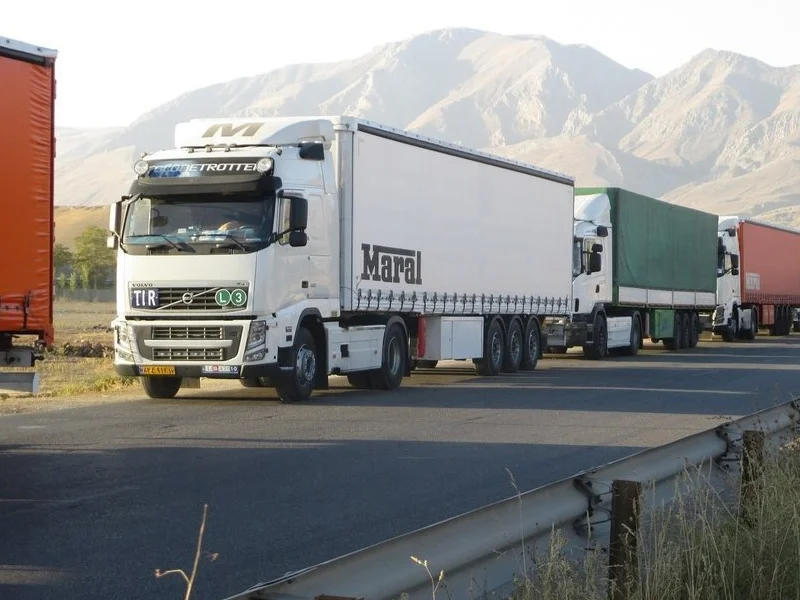
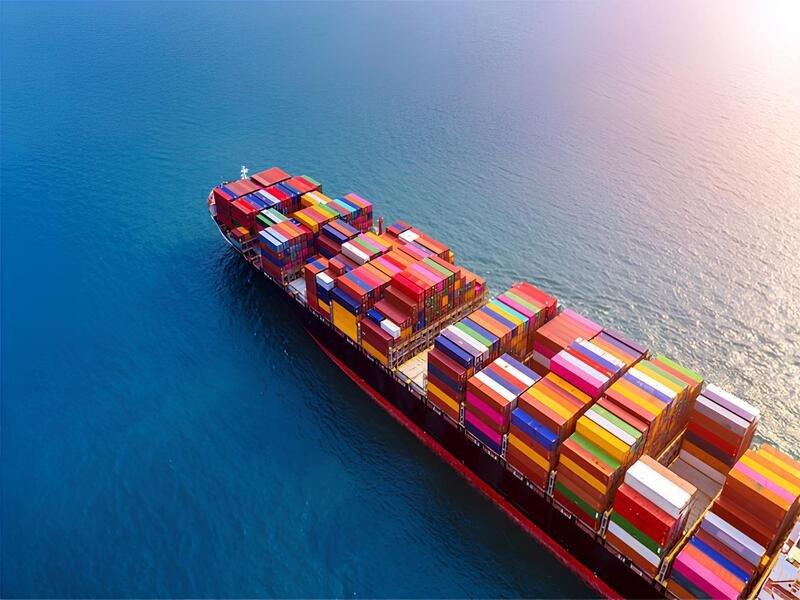
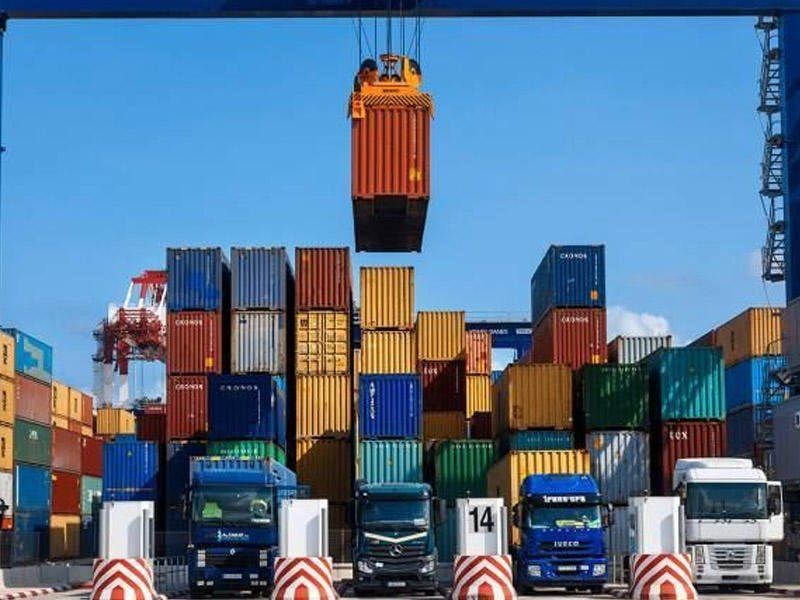
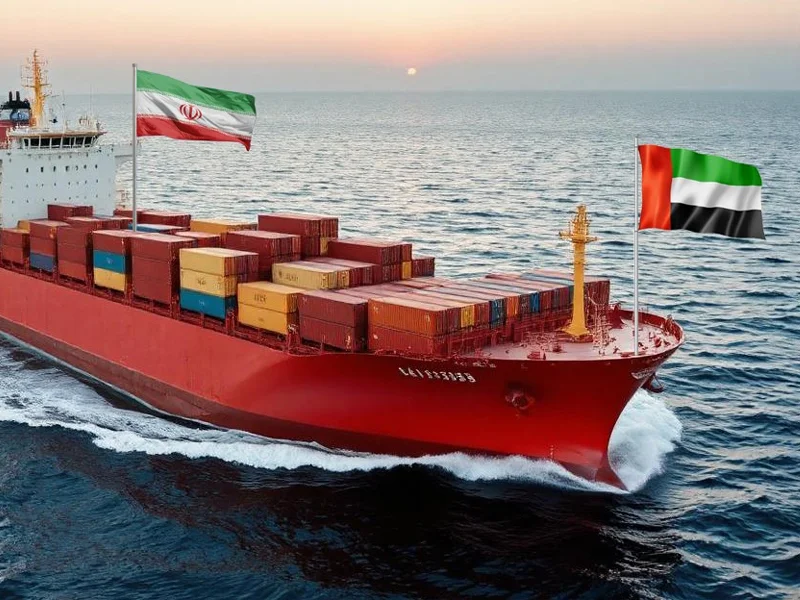
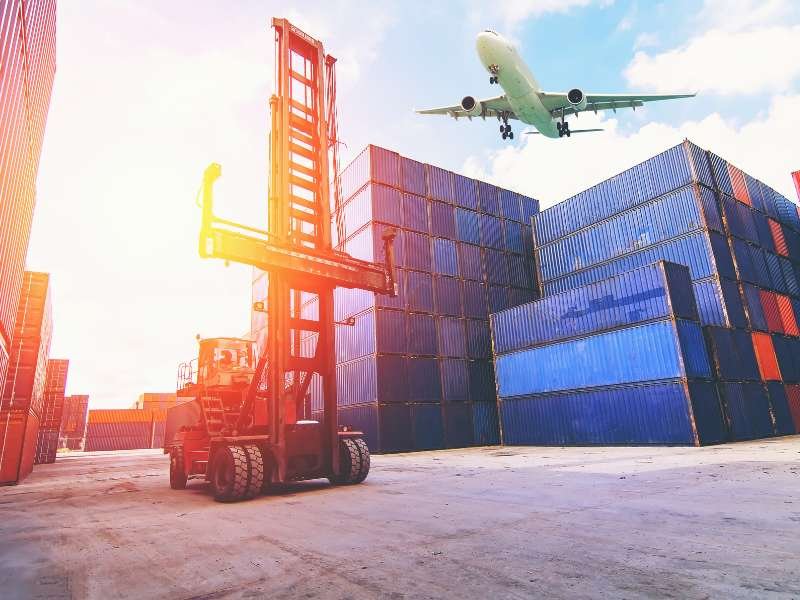


2 Responses
How long does customs clearance take for sea freight in Iran?
Customs clearance in Iran typically takes 3 to 7 days, but this can vary based on cargo type, documentation accuracy, and port traffic. Delays can happen due to inspections, missing paperwork, or high shipment volumes. To speed up the process, it’s recommended to work with a freight forwarder who understands Iran’s import regulations and can handle customs documentation properly.